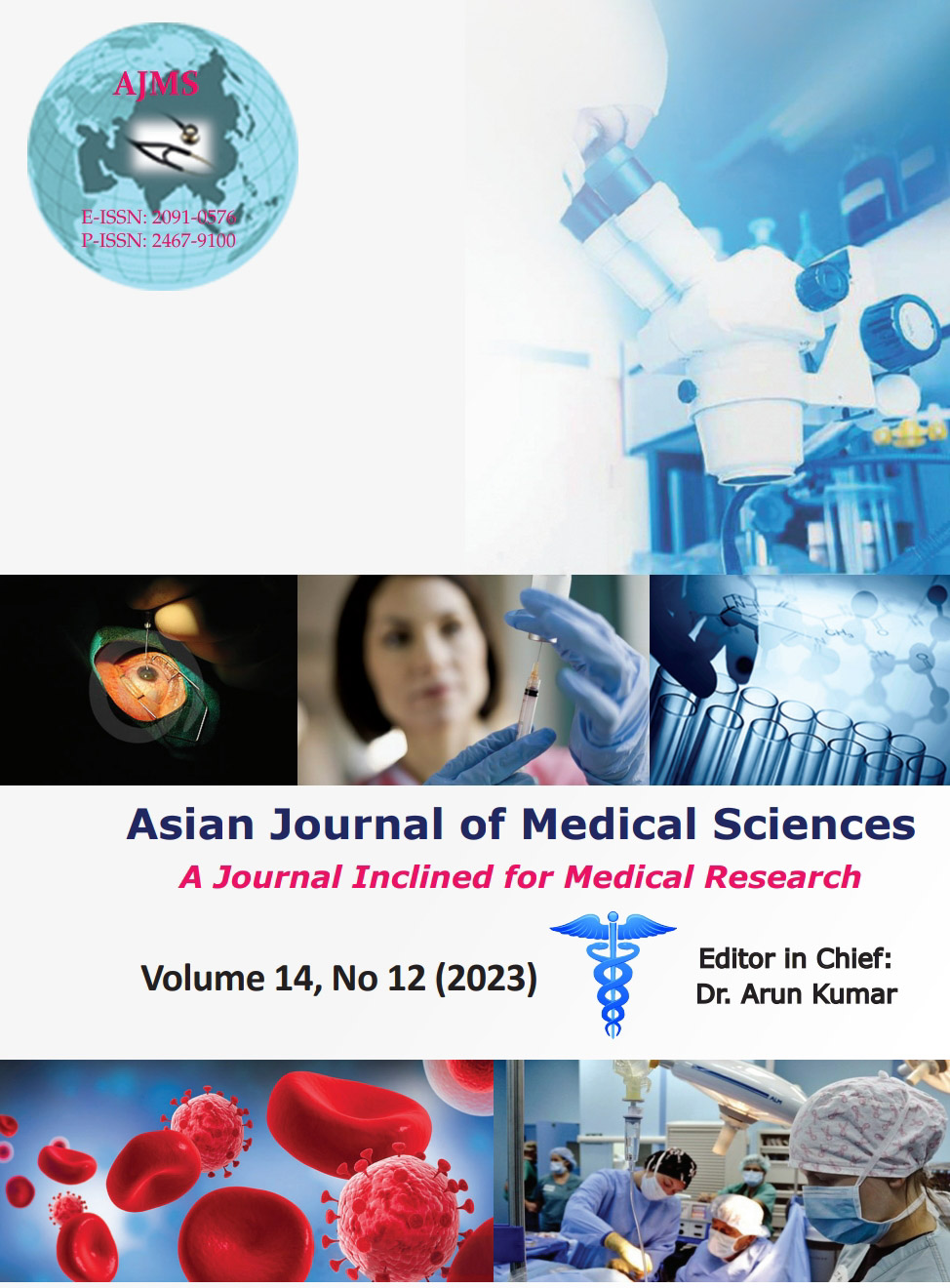Case of triple extradural hematoma in a single patient: A rare case report
Keywords:
Triple extradural hematoma; Stray animal; Early drainage of haematomasAbstract
Epidural hematoma (EDH) is found in 1–4% of traumatic brain injury cases. Acute triple extradural hematoma is a rare presentation of head trauma injury. In sporadic cases, they represent 0.5–1% of all extradural hematomas. Here is a case report of a 36-year-old female patient who presented to us with a head injury due to fall from a bike due to collision with a stray animal. The patient had a Glasgow Coma Scale of 9 (E2V2M5) with bilateral sluggishly reacting pupil to light. Computed tomography showed asymmetric bilateral posterior fossa EDHs along with an extradural hematoma in the right frontal region with multiple small contusions with mass effect. The surgical evacuation was performed first of the posterior fossa in the prone position and then right frontal hematoma evacuation in the supine position in the same sitting. The patient recovered well and was discharged on the 10th post-operative day with no neurological deficit. Early drainage of hematomas has been demonstrated to be an effective technique that soon decreases the intracranial pressure and promotes an efficient resolution to the neurological damage.
Downloads
Downloads
Published
How to Cite
Issue
Section
License
Copyright (c) 2023 Asian Journal of Medical Sciences

This work is licensed under a Creative Commons Attribution-NonCommercial 4.0 International License.
Authors who publish with this journal agree to the following terms:
- The journal holds copyright and publishes the work under a Creative Commons CC-BY-NC license that permits use, distribution and reprduction in any medium, provided the original work is properly cited and is not used for commercial purposes. The journal should be recognised as the original publisher of this work.
- Authors are able to enter into separate, additional contractual arrangements for the non-exclusive distribution of the journal's published version of the work (e.g., post it to an institutional repository or publish it in a book), with an acknowledgement of its initial publication in this journal.
- Authors are permitted and encouraged to post their work online (e.g., in institutional repositories or on their website) prior to and during the submission process, as it can lead to productive exchanges, as well as earlier and greater citation of published work (See The Effect of Open Access).




